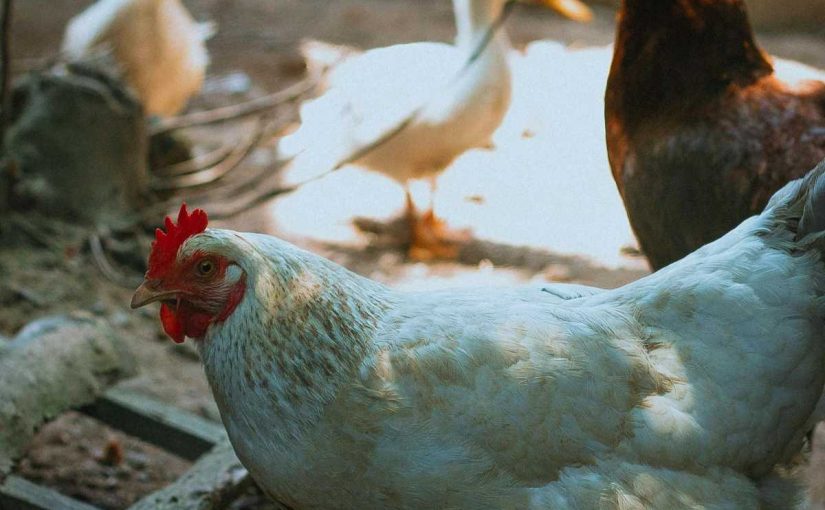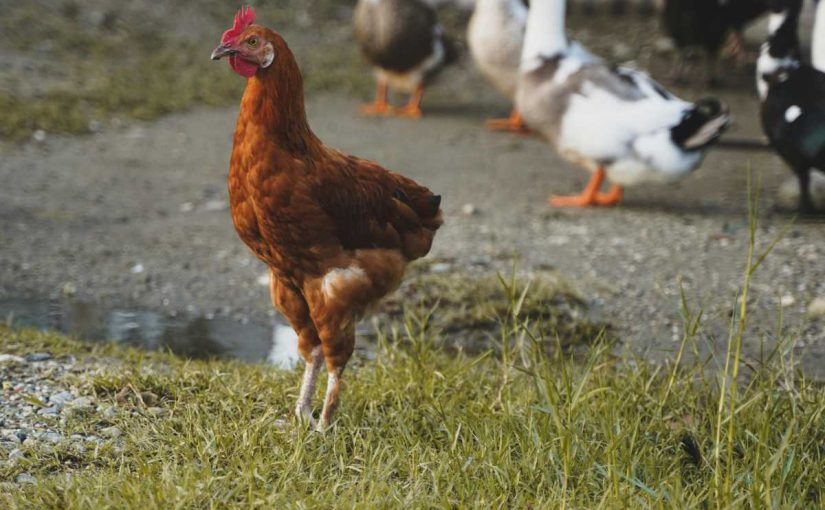Raising chickens is a rewarding experience, but it comes with its own set of responsibilities—especially when it comes to collecting and handling chicken eggs. Eggs are delicate and need to be handled with care to ensure their safety, quality, and hygiene. From improper storage to cleaning mistakes, even small oversights can impact the eggs’ freshness or introduce health risks. To help you avoid common pitfalls, here are the Top 5 Mistakes to Avoid When Handling Chicken Eggs.

1. Storing Eggs at the Wrong Temperature
One of the most critical factors in maintaining the quality of chicken eggs is proper storage. Incorrect storage temperatures can cause eggs to spoil quickly, affecting both taste and safety.
- Mistake to Avoid: Storing eggs at room temperature for extended periods.
- Correct Practice: Eggs should be stored in a cool, dry place. Ideally, fresh eggs should be refrigerated to extend their shelf life. The USDA recommends refrigerating eggs at or below 40°F (4°C) to prevent the growth of bacteria like Salmonella.
Bonus Tip: If you have collected eggs from your hens and plan to use them within a week, they can be stored at room temperature (up to 68°F/20°C). However, if you don’t plan to use them soon, refrigerating them is always the safest option.
2. Washing Eggs Improperly or Too Early
While it’s tempting to wash eggs immediately after collecting them, doing so improperly can strip away protective layers, increasing the risk of contamination.
- Mistake to Avoid: Washing eggs right after collecting them, which can remove the natural protective coating.
- Correct Practice: Do not wash eggs until just before use. Freshly laid eggs have a protective coating called the bloom that helps keep bacteria out and moisture in. Washing eggs before storing them can remove this protective layer, causing them to spoil faster. If eggs need to be cleaned, use warm water (never cold or hot) and gently scrub them with a soft brush or cloth, and only do so right before use.
Bonus Tip: If the eggs are excessively dirty (due to mud or manure), it’s best to clean them using a dry brush or sandpaper instead of water.
3. Handling Eggs Roughly
Eggs are fragile, and rough handling can cause cracks or breaks, leading to contamination and spoilage. Cracked eggs are more likely to develop bacteria, so it’s important to treat them gently.
- Mistake to Avoid: Dropping or tossing eggs into baskets or containers.
- Correct Practice: Always handle eggs gently, cradling them in your hands and placing them carefully in a basket or container. Avoid dropping them from any height, as even a small fall can cause hairline cracks that may not be visible immediately but can lead to bacteria getting inside the egg.
Bonus Tip: Use baskets with soft liners or cushioned containers to reduce the risk of cracking. If you collect eggs in an area with rough terrain, consider using a padded egg carton.
4. Using Old or Expired Eggs Without Checking Freshness

Eggs can lose their freshness over time, and eating old or expired eggs can cause foodborne illness. Not all eggs are laid on the same day, and they can still be good to eat for a while, but it’s important to check for freshness before using them.
- Mistake to Avoid: Using eggs without checking for freshness or disregarding the “best-before” date.
- Correct Practice: Always test eggs for freshness before using them. A simple water test can help you check if your eggs are still good:
- Fill a bowl with water and place the eggs inside. If the eggs sink and lay flat on the bottom, they are still fresh.
- If the eggs stand upright or float, they are likely past their prime and should be discarded.
Bonus Tip: Eggs generally last about 3-5 weeks in the fridge, depending on their freshness when laid. It’s also good practice to label the eggs with the date they were collected, so you can track their age.
5. Storing Eggs in the Wrong Container
How you store your eggs can significantly impact their quality. Many people simply place eggs in any container they have available, but this can lead to accidental damage or contamination.
- Mistake to Avoid: Storing eggs in a flimsy or improperly ventilated container.
- Correct Practice: Store eggs in a carton that is designed for egg storage. Egg cartons provide protection from accidental bumps or drops and allow air circulation. The best cartons are made of materials that absorb moisture (like cardboard) rather than plastic, which can trap moisture and encourage bacteria growth.
Bonus Tip: Always store eggs with the pointy end down in the carton. This positioning helps keep the yolk centered and prevents air from entering the egg through the wider end, which can affect freshness.
Conclusion
By avoiding these common mistakes when handling chicken eggs, you can ensure that your eggs stay fresh, safe, and tasty for longer. From storing eggs at the correct temperature and cleaning them properly to handling them gently and checking for freshness, these small adjustments will make a big difference in the quality of the eggs you collect.
Proper care not only extends the shelf life of your eggs but also minimizes the risk of contamination, ensuring that your fresh farm eggs are both delicious and safe to eat!



